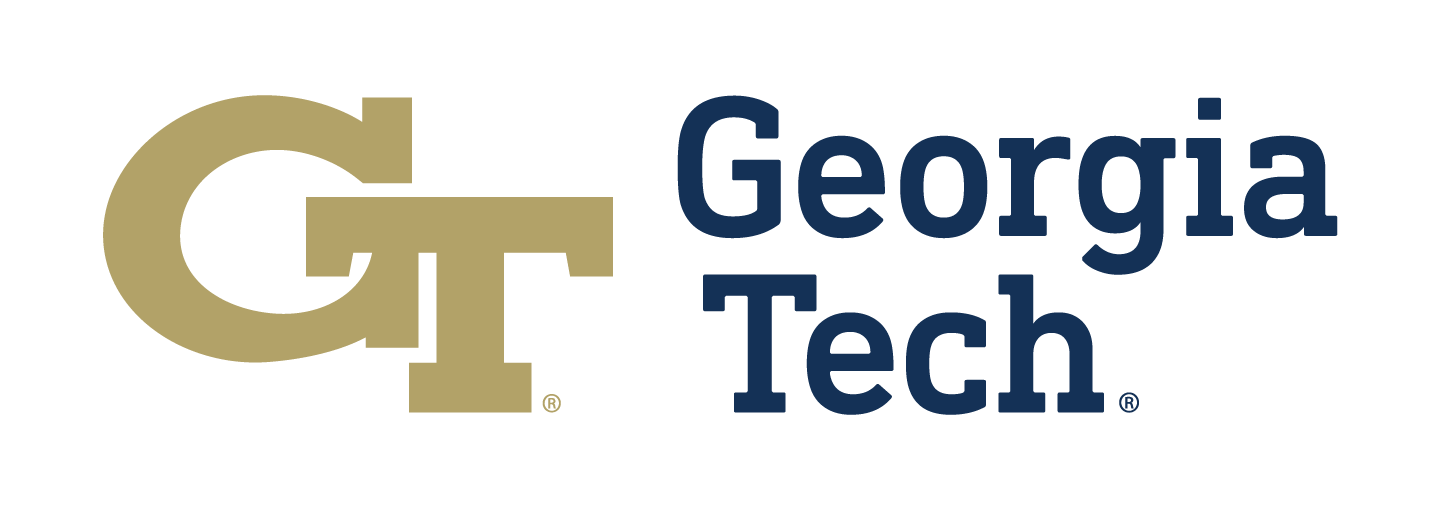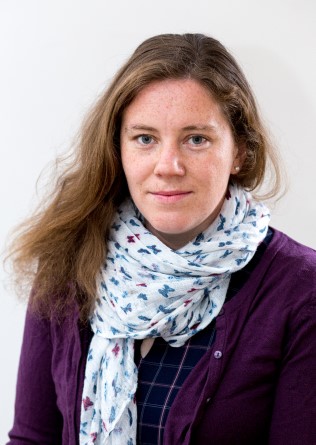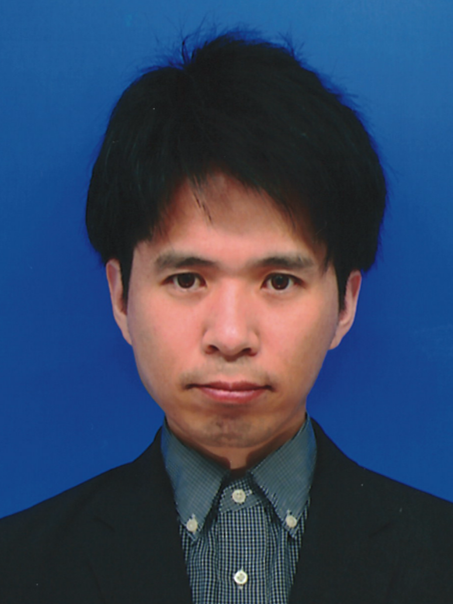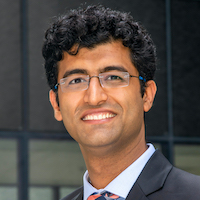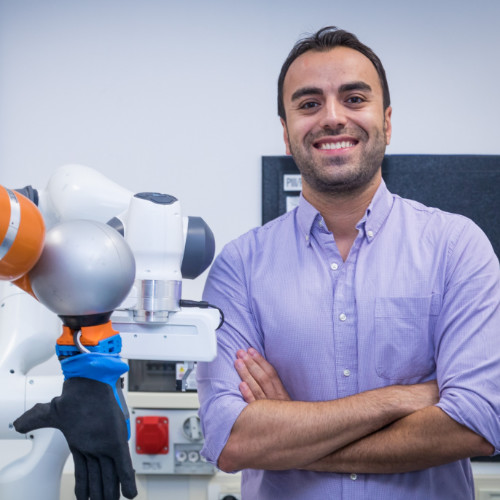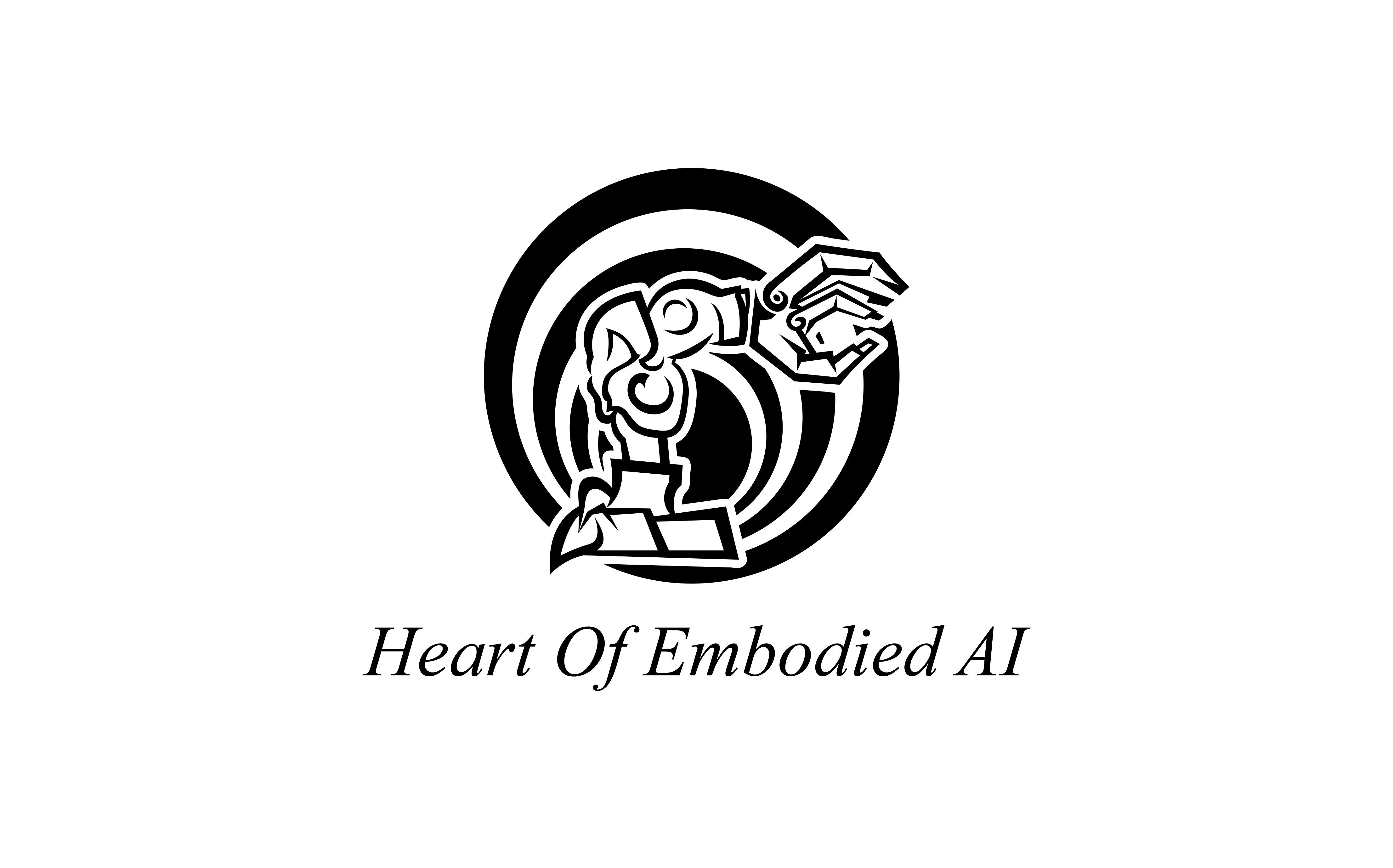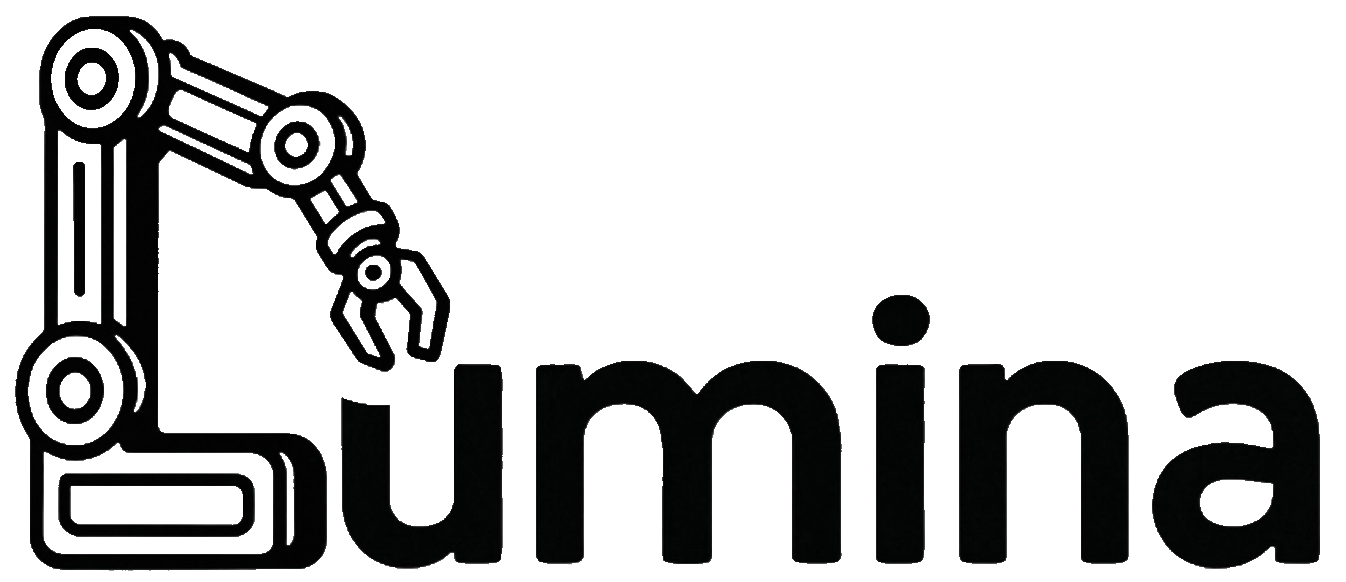Content
Topics
The workshop aims to address critical challenges and implications, including technological limitations, ethical considerations, and the changing landscape of scientific training. By fostering dialogue between researchers and practitioners, we aim to establish a roadmap for developing truly autonomous generalist scientist that can help address complex global challenges.
- Advanced AI agents and algorithms for each stage of autonomous scientific research, including:
- Operating system agents with advanced computing capabilities for scientific research automation
- Domain-specific robotic systems designed for autonomous experimentation in targeted scientific fields
- Embodied AI systems with dexterous manipulation capabilities, incorporating:
- Foundation models for perception and reasoning
- Advanced robotic hardware for precise manipulation
- Multi-modal sensing and interaction
- Real-world adaptation and learning
- Comprehensive datasets and benchmarks for:
- AI-driven scientific discovery
- Robotic manipulation in laboratory settings
- Performance evaluation frameworks for AI agent and robot-based autonomous scientific systems
- Broader impacts and ethical considerations
The workshop will also address critical challenges and implications, including technological limitations, ethical considerations, and the changing landscape of scientific training. By fostering dialogue between researchers and practitioners, we aim to establish a roadmap for developing truly autonomous generalist scientist that can help address complex global challenges.


